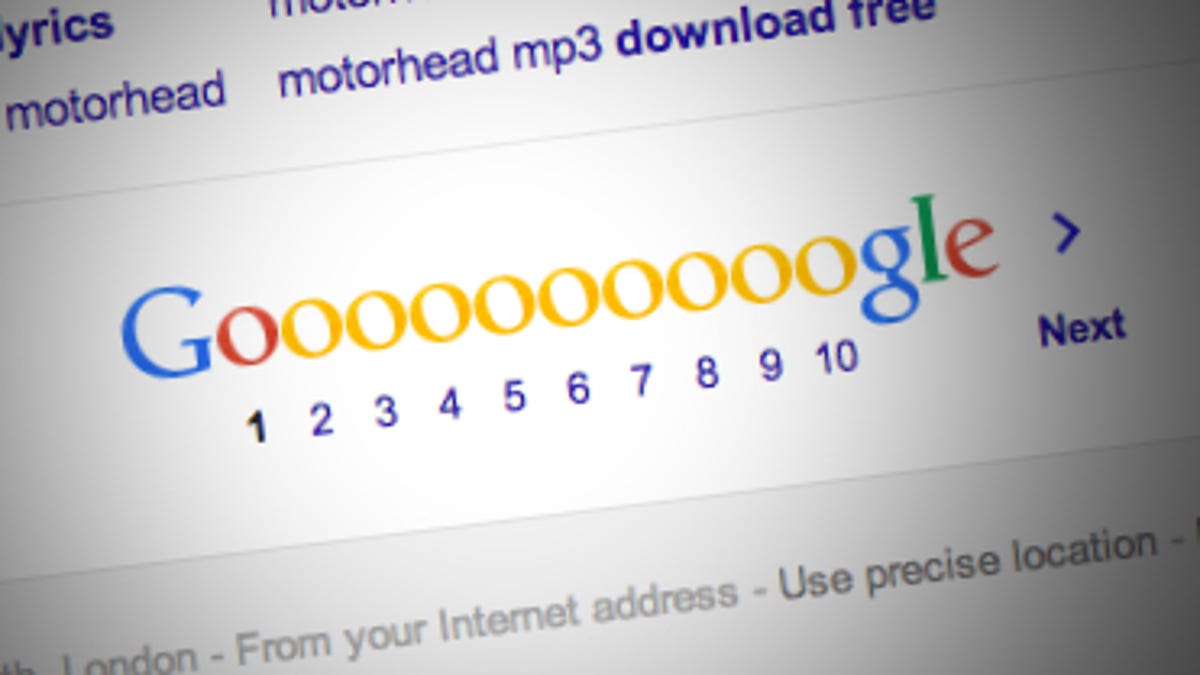Google appeals order demanding it apply 'right to be forgotten' globally
The search giant is fighting a ruling from a French data protection authority that wants it to remove search results on a global basis when requested.
Google has appealed an order from France compelling it to scrap certain search results not just by country but across the world.
In May 2014, Google started complying with a European Union ruling that requires it to honor requests from a European citizen to remove search results that may no longer be relevant or may infringe upon that person's privacy. Initially, the company limited those take-down requests to just the countries from which they originated.
A year later, France's Commission Nationale de l'Informatique et des Libertes (CNIL) ordered Google to remove search results upon request from all its global domains, including those in the US. In March of this year, Google started taking down links from all its domains, but only when accessed from the country where the request was made. That didn't placate authorities in France. The CNIL fined Google 100,000 euros ($112,150.00) for not taking the program far enough.
On Thursday, Google filed an appeal against the CNIL's initial order with France's Council of State, the country's supreme administrative court, Reuters has reported.
The "right to be forgotten" ruling has provoked controversy over where and when to draw the line between privacy and the public good. Proponents of the ruling argue that it protects individuals by eliminating links to potentially private, outdated or otherwise embarrassing information about them. Opponents say the ruling infringes on free speech by removing links to information that other people may have a right to know about.
The CNIL has argued that expanding the reach of the "right to be forgotten" program to all Google domains, no matter where or how they're accessed, is the only way to fully protect the rights and privacy of European citizens. Google has countered that one country should not be able to impose its rules on people in other countries.
"As a matter of both law and principle, we disagree with this demand," Kent Walker, Google's global general counsel, said in an op-ed in France's Le Monde newspaper Thursday. "We comply with the laws of the countries in which we operate. But if French law applies globally, how long will it be until other countries -- perhaps less open and democratic -- start demanding that their laws regulating information likewise have global reach?"
The CNIL declined to comment on Google's decision to appeal.


